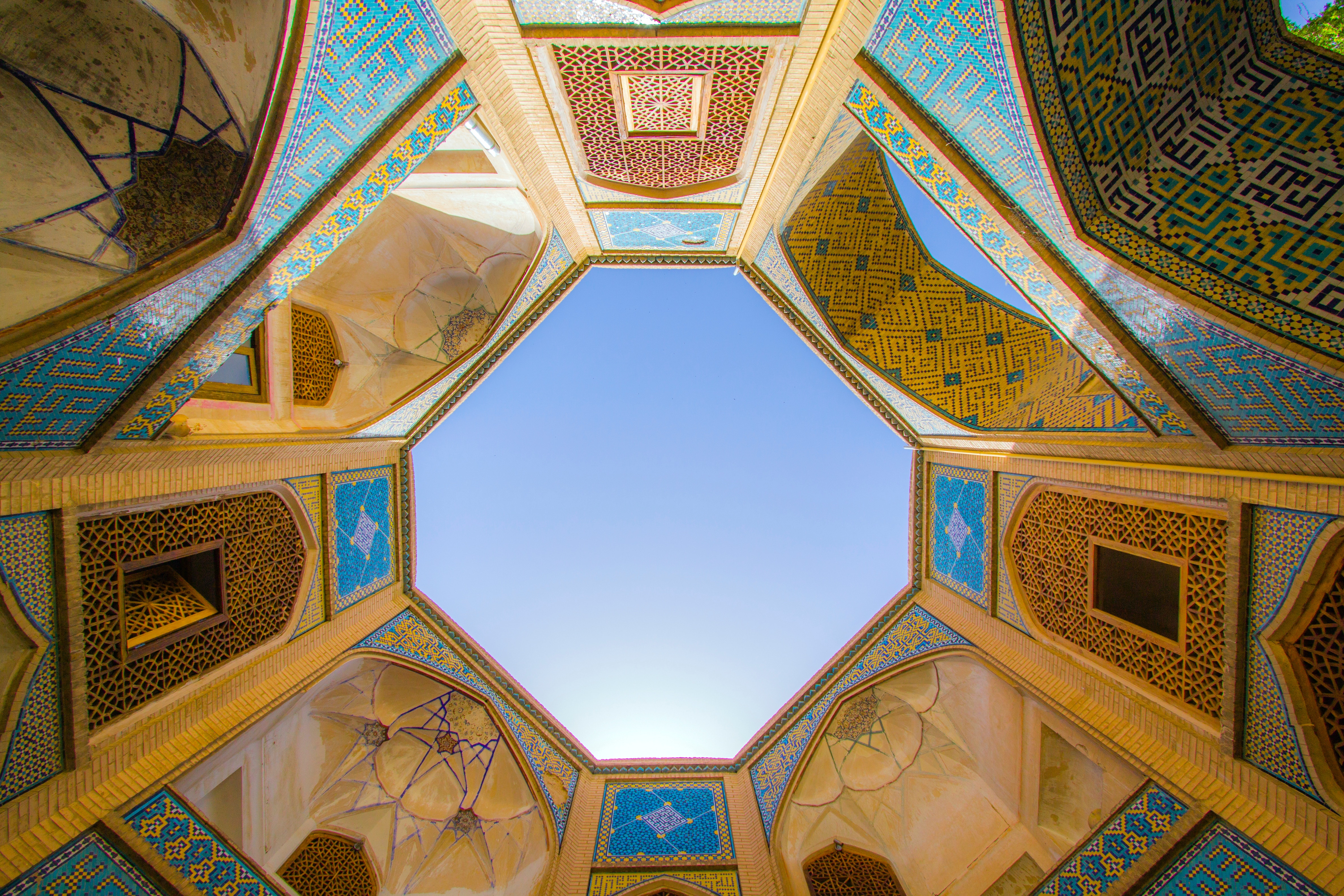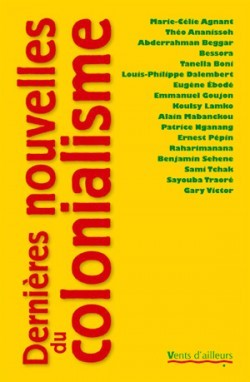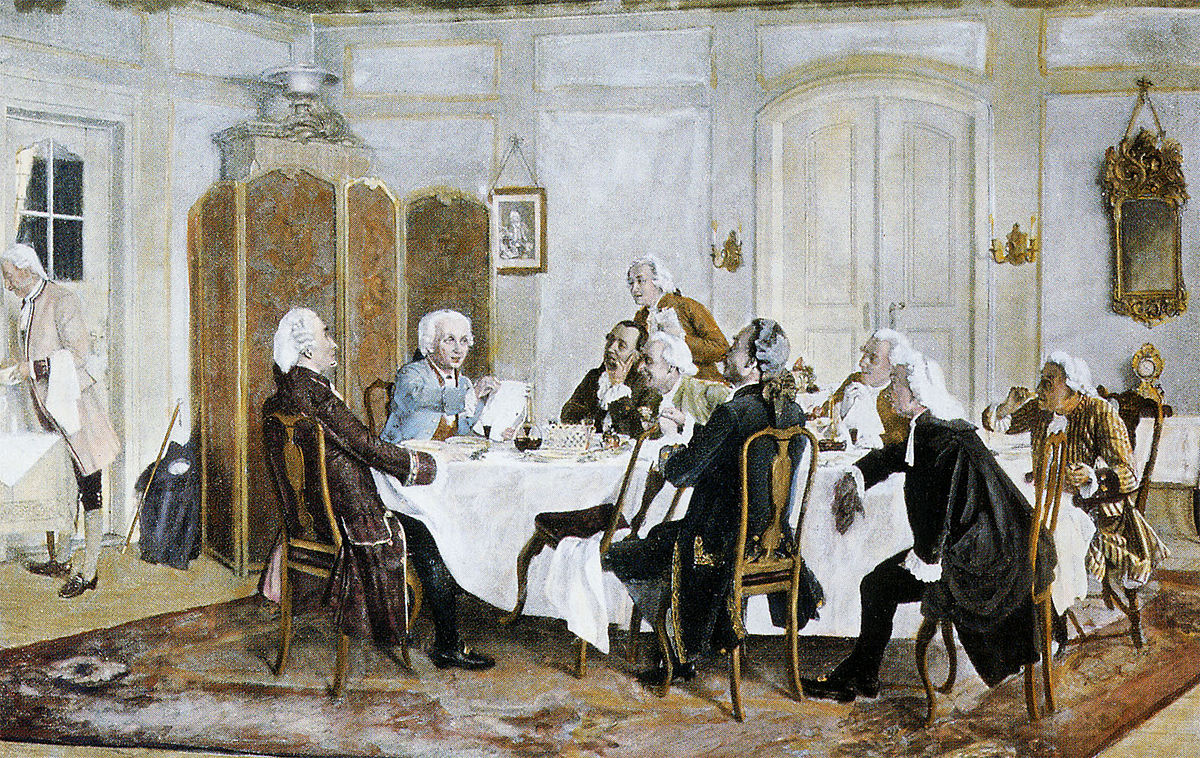Alongside genres and periods, another way to analyse world literary exchanges, institutions, and network is through a focus on specific themes.
MULOSIGE Reading List: Re-Orienting Modernism, Mapping East-East Exchanges
Assistant Professor Levi Thompson (University of Colorado, Boulder) offers a reading list to re-orient conceptions of modernism, drawing on East-East exchanges.






